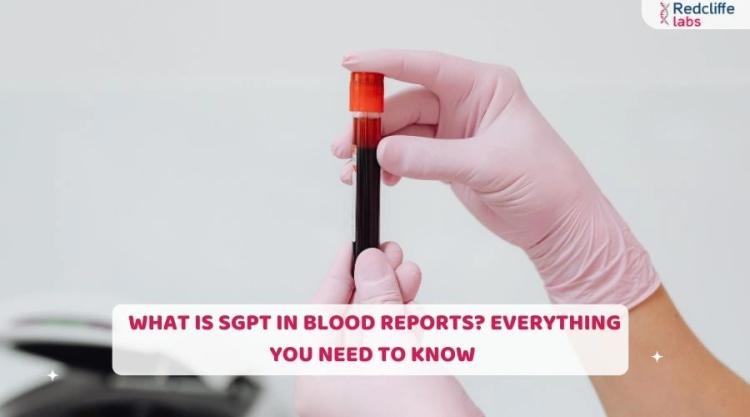Heart Problems After COVID-19 Infection

Medically Reviewed By
Dr Divya Rohra
Written By Dr. Ragiinii Sharma
on Mar 14, 2022
Last Edit Made By Dr. Ragiinii Sharma
on Jan 10, 2025

The importance of post-Covid infection care is a standard protocol. However, recent findings suggest that cardiovascular care post-infection is a dire necessity.
Data from federal health institutions suggest prominent links between Covid-19 patients with heightened risks of cardiovascular complications between 1 month to a year after contracting the infection.
The reports ascertain that the list of cardiovascular complications is diverse, including risks of:
- Disruptive heart rhythms
- Inflammation of the heart tissues
- Blood clots
- Heart attack
- Heart failure
- Coronary artery disease
- Perpetual death
These complications were prominent n severely infected Covid-19 patients and in the patients with mild infection. The study was published on February 07, 2022, by researchers at Washington University School of Medicine in St. Louis and the Veterans Affairs St. Louis Health Care System.
The study's senior author, Ziyad Al-Aly, an assistant professor of medicine at Washington University, highlighted the alarming findings.
Al-Aly emphasizes their findings, prompting the long-term effects of the Covid-19 infection. Given that the heart takes a longer time to recover after damage, Al-Aly believes that the impacts from the infection could last through a lifetime of the patients.
Reports also suggest that the Covid-19 infections have contributed to 15 million new cases of heart disease worldwide, a number quite large and significant. This calls for immediate and vigilant post-infection cardiovascular care for the Covid-19 infected patients.
The research findings also show that patients at heightened risks of cardiovascular diseases are more prone to damage post-Covid-19 infection. The viral interaction further amplifies the risk.
However, the most alarming finding from the research is that even the low-risk patients with a healthy lifestyle and no genetic predisposition of cardiovascular risks are developing severe abnormalities.
The reports from the study include Covid-19 infected patients of varying age, gender, race, lifestyle choices, dietary habits, and appearance. And it also analyzed the patients who suffered from heart disease and those who didn’t. Despite all the differences, the majority of the infected patients were at risk of cardiovascular diseases after recovering from the Covid-19 infection.
The research analyzed 153,760 people infected with the Covid-19 infection between March 1, 2020, through Jan. 15, 2021. A handful of the subjects were fully vaccinated due to the lacking availability back then.
The reports from these patients were compared with a control group of 5.6 million patients who didn’t contract the virus between March 1, 2020, through Jan. 15, 2021. The other group included more than 5.8 million patients with cardiovascular complications between March 2018 to January 2019.
Despite the comprehensive findings, the study didn’t analyze the data related to Covid-19’s newer variants – Delta and Omicron. This was primarily because the newer variants came up after the selected time frame of the study.
While analyzing the infected patients' reports, the researchers looked into the onset of heart-related complications for up to a year after the patient’s recovery. The results suggest that heart failure and death were 4% more in the Covid-19 infected patients than those not infected.
Although 4% isn’t that significant, it translates to 3 million Americans who suffer from heart failure or die from cardiovascular complications after the Covid-19 infection.
The overall results from the study determined that patients who contracted the Covid-19 infection were 55% more likely to develop cardiovascular complications, including coronary artery disease and heart attack.
Al-Aly hence highlights the importance of vaccination against the virus. Not just the individuals, he also emphasizes the importance of making vaccines more accessible to patients worldwide, especially the countries with limited resources. Given that the study highlights the chronic impacts of the Covid-19 infection on the patient’s cardiovascular functioning addressing these challenges is the need of the hour. The study's senior author also highlighted the need for an “urgent and long-term global response strategy against the pandemic.”



